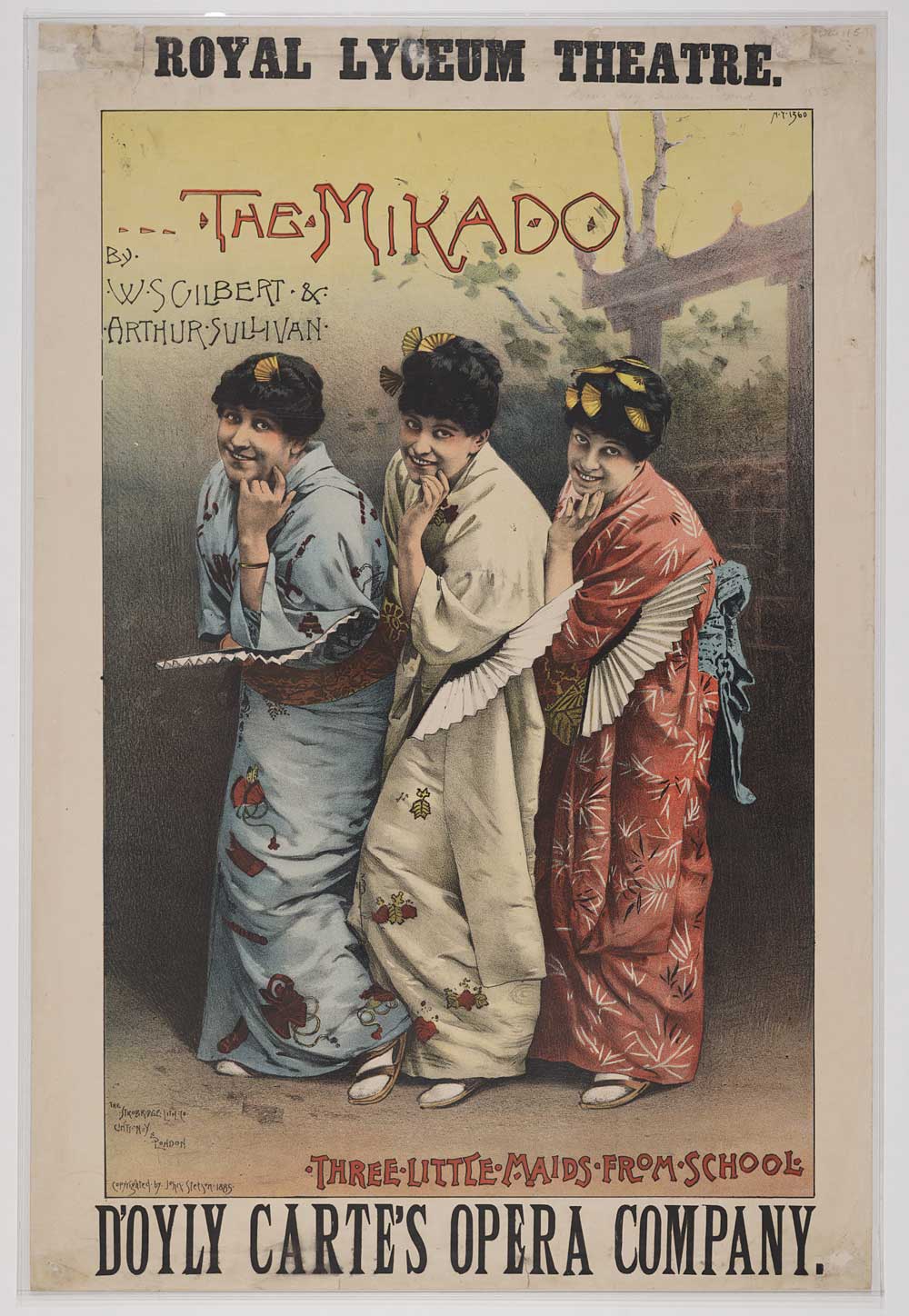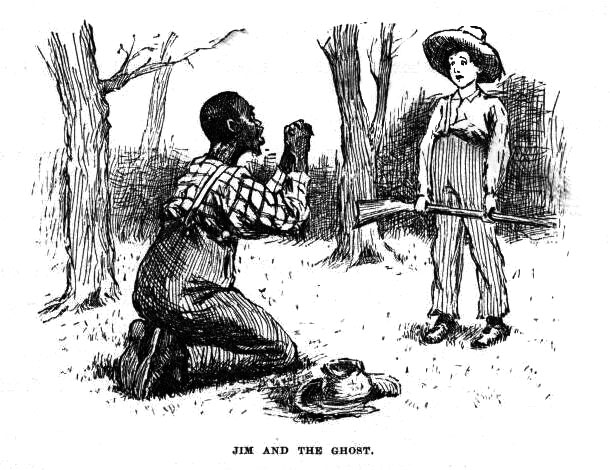
http://www.cbc.ca/q/episodes/ Look for the Aug 11 episode of this program.
It is about whether it is appropriate to stage operas like Mikado and Madam Butterfly which seems quaint and outdated with stereotype Asians and old attitudes about the exotic East.

 What is even more interesting is the casting for roles that are Asian, African American etc. Can white actors and actresses be cast in these roles?
What is even more interesting is the casting for roles that are Asian, African American etc. Can white actors and actresses be cast in these roles?Are these white actors displacing positions that should be taken by Asian actors?
Can Asian or African American actors take on roles that are not of their ethnic appearance?
Can an older actor take on the role of a young character while obviously not appearing young?
Is appearance a major part in performance art? So much so that it trumps all other considerations?
Then there is the question of dealing with classics that no longer reflect current values of race, gender, and sexuality sensitivities.
Should terms like "yellow face" in Mikado or negro in Mark Twain's works be changed or deleted or should they remain as they are?
 Should we be reproducing classics as they are or interpret them with current values?
Should we be reproducing classics as they are or interpret them with current values?It is easy to forget how far we have changed in our attitudes and how different our surroundings are from a century ago when some of these literary works were created.
Seeing the works as they are gives us a glimpse of a world where people seldom travel, do not meet anyone other than their own ethnicity, and anything foreign is exotic, exciting, and full of adventure.
 Can we suspend judgment just so that we can experience their awe or should this be past chapters that are best forgotten now that we are more enlightened?
Can we suspend judgment just so that we can experience their awe or should this be past chapters that are best forgotten now that we are more enlightened?

I've really enjoyed studying classics.
ReplyDeleteAs a matter of "enlightenment"
I also always include both genders when saying he or she. Unlike some languages english doesn't have a non gendered word/term when refering to man or woman. However, I don't think all literature should be rewritten to suite me. But I do think a new word that stands for he/she should be created and used from now on. Instead of the book "little woman" an updated version could read; "Little Man/Woman"
Vanessa
Thanks Vanessa.
DeleteWould "Little humans" do?
Maybe not since the book involve the role of women in that time. So the same question arises - should we appreciate and experience the thinking then or should we "re-interpret" the work in a more sensitive modern context.
It just occurred to me that it will be interesting for everyone to know the names used for characters in "Mikado" ( Nanki-Poo, Ko-Ko, Yum Yum, Pish-Tush, Pooh-Bah, Pitti-Sing, Peep-Bo.......)
That alone illustrate how 19th century Britain see Japan as the exotic, playful, and unreal place.
All for fun? or a lack of sensitivity for another culture?
Oliver....